CVC (Chief Value Cotton) is a cotton-polyester blend that is designed to combine the best qualities of both natural and synthetic fibres. Typically consisting of a higher percentage of cotton (usually around 60-80%) and the remainder polyester, CVC fabric offers a perfect balance of softness, breathability, and durability. This blend is popular in various textile applications, from clothing to home textiles, where the benefits of both fibres are desired.
Key Features:
- Softness and Comfort: With a higher cotton content, CVC fabric retains the natural softness and comfort of cotton, making it pleasant to wear and touch. The polyester adds a smooth, wrinkle-resistant quality to the fabric, enhancing its overall comfort.
- Durability and Strength: The inclusion of polyester in the blend increases the strength and durability of the fabric, making it more resistant to wear, tear, and shrinkage compared to pure cotton. This durability ensures that CVC fabric maintains its shape and appearance over time, even after multiple washes.
- Breathability: The cotton component of CVC fabric ensures good breathability, allowing air to circulate and moisture to be wicked away from the skin. This makes CVC fabric suitable for both warm and cool climates.
- Easy Care: CVC fabric is easy to care for, requiring minimal ironing due to the wrinkle-resistant properties of polyester. It is also less prone to shrinking and fading compared to 100% cotton fabrics, making it a practical choice for everyday use.
- Cost-Effective: CVC blends are generally more affordable than 100% cotton fabrics, offering a cost-effective alternative that still delivers comfort and quality.
Applications:
- Clothing: CVC fabric is widely used in apparel, including t-shirts, polo shirts, and casual wear, offering a combination of comfort, durability, and ease of care. It is also popular in uniforms and workwear due to its resilience and ability to maintain its appearance over time.
- Home Textiles: CVC is commonly used in home textiles such as bed linens, pillowcases, and curtains, providing a balance of softness, breathability, and durability that is ideal for everyday household use.
- Athletic Wear: The breathability and moisture-wicking properties of CVC fabric make it a suitable choice for athletic and activewear, where comfort and performance are key.
- Hospitality and Institutional Textiles: Due to its durability and easy-care nature, CVC fabric is often used in the hospitality industry for items like hotel linens, tablecloths, and staff uniforms.
Comparison with Other Fabrics:
- Versus 100% Cotton: CVC fabric offers greater durability and wrinkle resistance compared to 100% cotton. However, it may not be as breathable or as soft as pure cotton, depending on the specific blend ratio.
- Versus 100% Polyester: CVC fabric is softer and more breathable than 100% polyester, making it more comfortable to wear, especially in warmer climates. It also has a more natural feel and appearance compared to the synthetic look of polyester.
- Versus Other Blends: CVC typically has a higher cotton content than other cotton-polyester blends, making it closer in feel and comfort to 100% cotton while still retaining the benefits of polyester.
Environmental Considerations: CVC fabric, like other cotton-polyester blends, offers the durability and longevity that can reduce the frequency of replacement, which may contribute to less waste. However, it is important to consider the environmental impact of both cotton and polyester production. While cotton is a natural fibre, its farming can be resource-intensive, and polyester, being a synthetic fibre, is derived from petroleum and is not biodegradable. Efforts to recycle polyester and use sustainably grown cotton can help mitigate these impacts.
CVC (Chief Value Cotton) is a cotton-polyester blend that is designed to combine the best qualities of both natural and synthetic fibres. Typically consisting of a higher percentage of cotton (usually around 60-80%) and the remainder polyester, CVC fabric offers a perfect balance of softness, breathability, and durability. This blend is popular in various textile applications, from clothing to home textiles, where the benefits of both fibres are desired.
Key Features:
- Softness and Comfort: With a higher cotton content, CVC fabric retains the natural softness and comfort of cotton, making it pleasant to wear and touch. The polyester adds a smooth, wrinkle-resistant quality to the fabric, enhancing its overall comfort.
- Durability and Strength: The inclusion of polyester in the blend increases the strength and durability of the fabric, making it more resistant to wear, tear, and shrinkage compared to pure cotton. This durability ensures that CVC fabric maintains its shape and appearance over time, even after multiple washes.
- Breathability: The cotton component of CVC fabric ensures good breathability, allowing air to circulate and moisture to be wicked away from the skin. This makes CVC fabric suitable for both warm and cool climates.
- Easy Care: CVC fabric is easy to care for, requiring minimal ironing due to the wrinkle-resistant properties of polyester. It is also less prone to shrinking and fading compared to 100% cotton fabrics, making it a practical choice for everyday use.
- Cost-Effective: CVC blends are generally more affordable than 100% cotton fabrics, offering a cost-effective alternative that still delivers comfort and quality.
Applications:
- Clothing: CVC fabric is widely used in apparel, including t-shirts, polo shirts, and casual wear, offering a combination of comfort, durability, and ease of care. It is also popular in uniforms and workwear due to its resilience and ability to maintain its appearance over time.
- Home Textiles: CVC is commonly used in home textiles such as bed linens, pillowcases, and curtains, providing a balance of softness, breathability, and durability that is ideal for everyday household use.
- Athletic Wear: The breathability and moisture-wicking properties of CVC fabric make it a suitable choice for athletic and activewear, where comfort and performance are key.
- Hospitality and Institutional Textiles: Due to its durability and easy-care nature, CVC fabric is often used in the hospitality industry for items like hotel linens, tablecloths, and staff uniforms.
Comparison with Other Fabrics:
- Versus 100% Cotton: CVC fabric offers greater durability and wrinkle resistance compared to 100% cotton. However, it may not be as breathable or as soft as pure cotton, depending on the specific blend ratio.
- Versus 100% Polyester: CVC fabric is softer and more breathable than 100% polyester, making it more comfortable to wear, especially in warmer climates. It also has a more natural feel and appearance compared to the synthetic look of polyester.
- Versus Other Blends: CVC typically has a higher cotton content than other cotton-polyester blends, making it closer in feel and comfort to 100% cotton while still retaining the benefits of polyester.
Environmental Considerations: CVC fabric, like other cotton-polyester blends, offers the durability and longevity that can reduce the frequency of replacement, which may contribute to less waste. However, it is important to consider the environmental impact of both cotton and polyester production. While cotton is a natural fibre, its farming can be resource-intensive, and polyester, being a synthetic fibre, is derived from petroleum and is not biodegradable. Efforts to recycle polyester and use sustainably grown cotton can help mitigate these impacts.

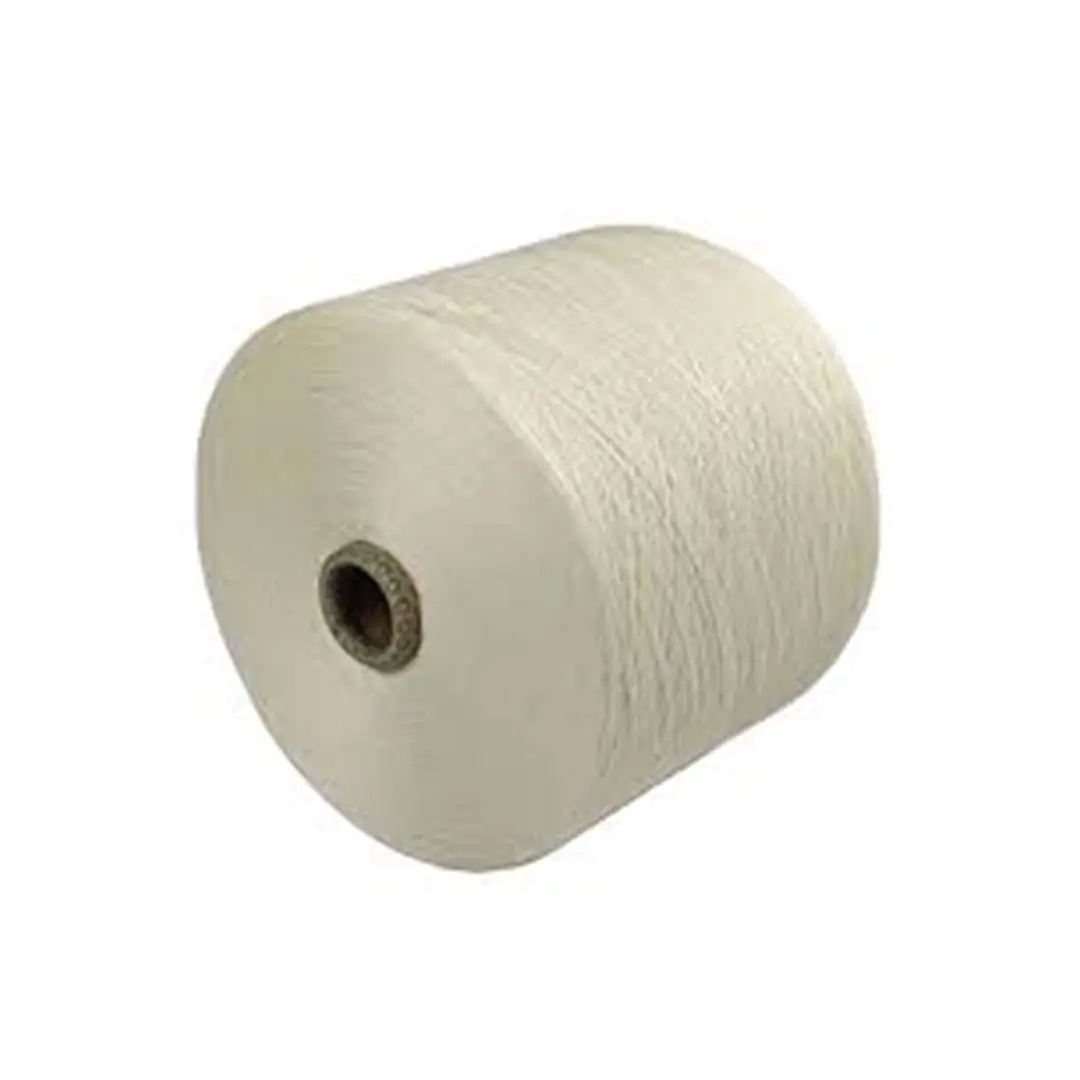
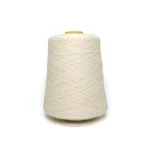
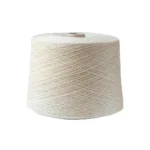
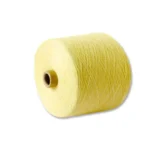
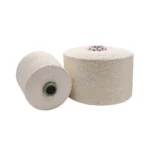
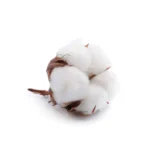
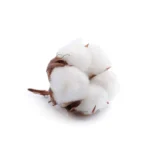
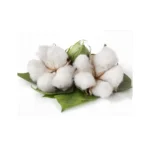
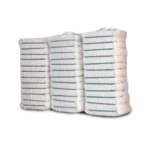




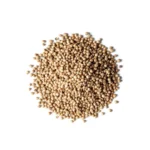
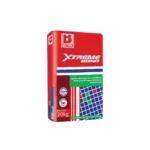
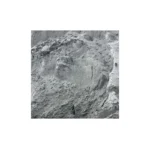
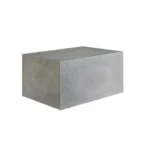
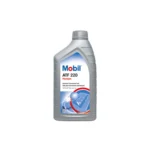
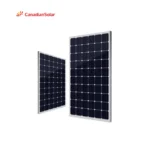
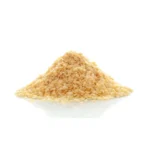


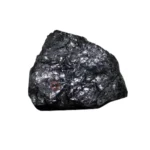

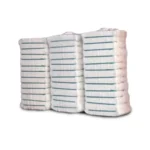

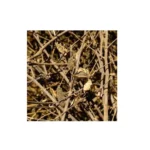

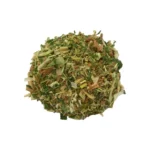

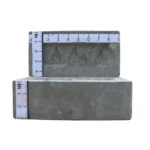
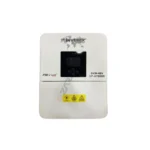
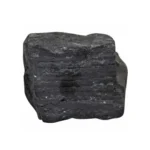

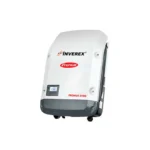

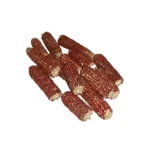
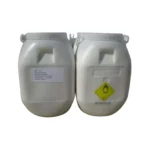

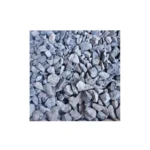
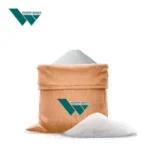
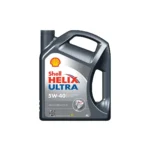
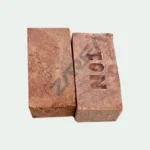

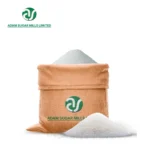
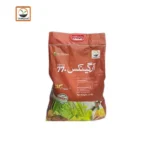
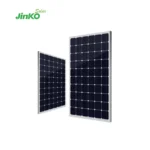
Reviews
There are no reviews yet.